Boehm: What’s the lay of the land in the US Soccer presidential election?
 After months of posturing, arguing, sloganeering and various other forms of campaigning, we’ve at last reached the final week of the race to be the next president of the U.S. Soccer Federation.
After months of posturing, arguing, sloganeering and various other forms of campaigning, we’ve at last reached the final week of the race to be the next president of the U.S. Soccer Federation.
From Thursday through Sunday, hundreds of people from across the constellation of American soccer will gather at a posh hotel near SeaWorld in Orlando, Florida for the federation’s annual general meeting, the star attraction of which is Saturday’s election vote.
First off, who votes? Soccer America’s Paul Kennedy has a great breakdown here, and ESPN’s Jeff Carlisle and industry veteran Anthony DiCicco also did useful work on this as well. In brief, USSF’s Athlete Council gets 20 percent of the overall vote, and the three other major councils are Youth, Adult and Professional each get equal shares of the vote a little over 25 percent each.
Three other, smaller councils (national associations and affiliates, board members, life members) comprise the remaining 2 to 3 percent.
Eight candidates are in the race to succeed departing incumbent Sunil Gulati, and depending on who you ask, more than half of them have a reasonable chance of winning.
Independent sources say 0 of 8 USSF presidential candidates above 30%. To win, 50% + 1 needed on Feb 10. 2nd ballot seems certain. @stevegans2018 believes he’s in top 3 “based on number of delegate calls I’ve made, delegates who have reached out to me & feedback I’ve received”
— Steven Goff (@SoccerInsider) January 14, 2018
Pre Philadephia…my election prediction was (without mentioning names):
Candidate 1 – 28%
Candidate 2 – 28%
Candidate 3 – 25%
Candidate 4 – 10%Today: Who the heck knows? It will be a very interesting few days in Orlando!
— John Paul Motta (@JohnPMotta) February 4, 2018
So who’s actually going to come out on top?
Here I’ll cite the sentiment I’ve heard from more than one veteran insider: “Anyone who tells you they know who’s going to win this thing is lying to you.”
To put it another way: We’re in uncharted waters here, wandering one of the proverbial blank spots on the maps of olden days. There simply hasn’t been a race like this in modern history, with this many candidates – none of them head and shoulders ahead of the rest – and so many hot-button issues simmering in the sport.
I heard every candidate speak during the United Soccer Coaches Convention in Philadelphia last month, and did my best to speak to most of them (several refused or ignored my request) on background as well. And I have spoken to as many people with knowledge of this election as I could. No one offered any ironclad predictions, but all those perspectives combined gave me a general outline of this race that seems logical and plausible.
Here it is.
THE FLAWED FRONTRUNNERS
KATHY CARTER
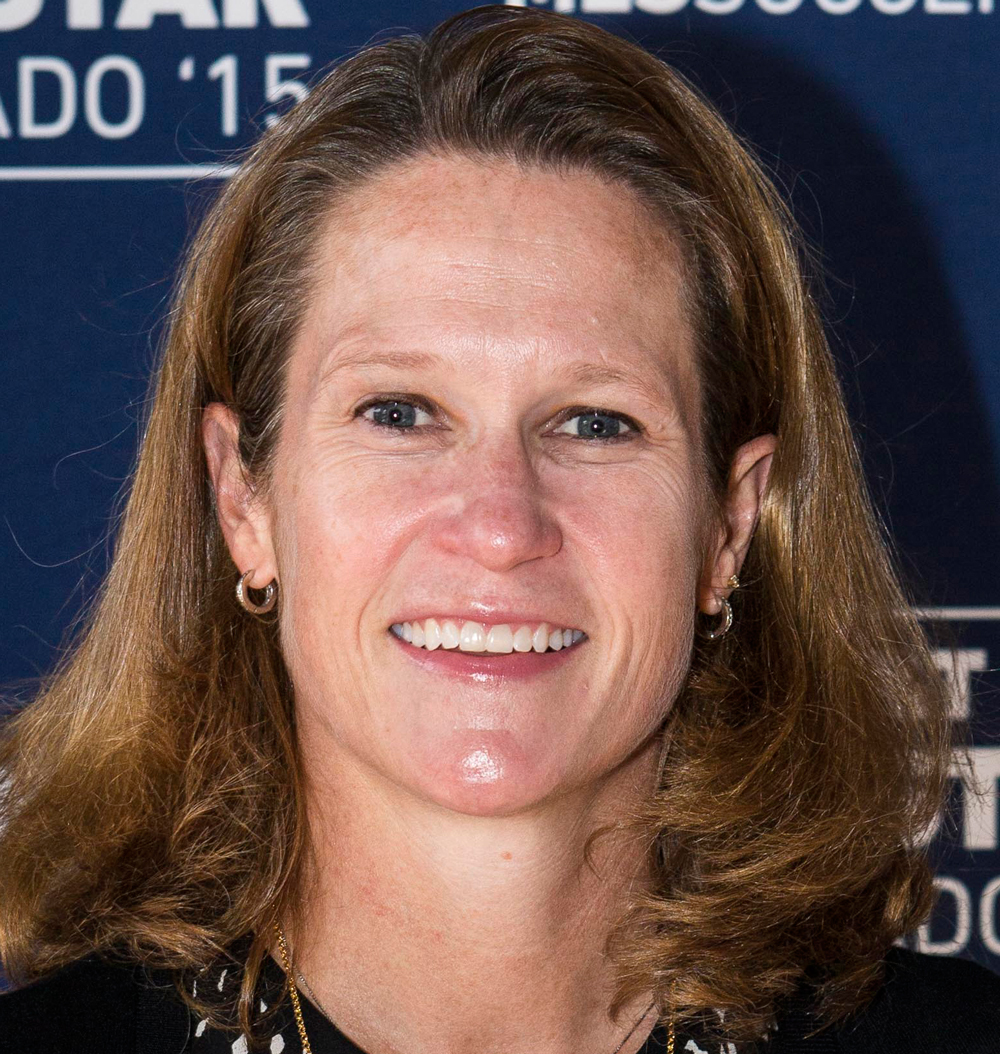 The longtime Soccer United Marketing and Major League Soccer executive probably has the sturdiest base here, thanks to the support of MLS, which comprises 14.5 percent of the electorate. So she’s starting with a certain floor of votes; the million-dollar question is whether she’s got a ceiling, too.
The longtime Soccer United Marketing and Major League Soccer executive probably has the sturdiest base here, thanks to the support of MLS, which comprises 14.5 percent of the electorate. So she’s starting with a certain floor of votes; the million-dollar question is whether she’s got a ceiling, too.
The widespread perception is that she’ll also get the backing of the second-tier United Soccer League, a close affiliate of MLS, but I’m hearing some faint buzz that this might not necessarily be a done deal – and given that this is a secret ballot, Carter and MLS’ leaders can’t be certain that USL will follow their lead. A few associations have announced their support (most infamously, Eastern New York’s), and others surely are backing her more quietly.
But in general, Carter has been an uninspiring candidate, with a frustratingly vague platform and talking points, and is carrying substantial negatives. She’s become synonymous with the worst elements of the so-called establishment, specifically what many perceive to be the unholy triangle of USSF, MLS and SUM, even though she can rightfully claim to be among those responsible for transforming the fed’s financial outlook from perennial paupers to hale and hearty heavyweight more than $100 million in the black.
Fair or not, this perception was surely not lost on her, but she’s been unable to stake out her own distinct identity. And some of her competitors have been quick to exploit the negatives, in some ways unfairly, by branding her as a businessperson, rather than a “soccer person,” which is pretty inaccurate considering that she played at a high level in college and spent her adult life working in the sport.
CARLOS CORDEIRO
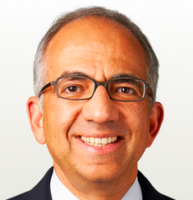 The current USSF vice president, Cordeiro has rather incongruously campaigned as being both an insider and outsider, and somehow, it just might work.
The current USSF vice president, Cordeiro has rather incongruously campaigned as being both an insider and outsider, and somehow, it just might work.
Cordeiro’s pitch is that he’s familiar with the fed and its issues, but hasn’t been in a position of power long enough to be compromised by it. He’s bringing fewer negatives to the table than Carter, and as a Latino with an inspiring immigrant’s backstory of bootstrap success, he may be a compelling choice to voters in terms of diversity, which could counteract the attraction of making Carter the first-ever women to lead the federation.
It’s important to note that Cordeiro announced his candidacy before Gulati decided not to run again. And according to multiple SoccerWire sources, that situation led to a nasty behind-the-scenes clash, with Gulati seeing Cordeiro’s decision to run as a betrayal. In this version of events, Cordeiro thought he had the support of MLS and its Commissioner Don Garber when he threw his hat in the ring, only for Gulati to go to Garber and engineer Carter’s entry in the race to stymie Cordeiro’s hopes.
That’s a juicy narrative, I know, and while I’m not totally certain that’s exactly how it went down, it does bring us to the strange reality that this election basically has two “establishment” candidates. A former Goldman Sachs executive, Cordeiro hasn’t campaigned much publicly, and it’s almost certainly because he recognizes that he doesn’t have to. Having won the VP race just a few years ago, he knows the federation’s electorate as well as any of the eight hopefuls, and is surely bustling behind the scenes to line up the votes he needs.
THE FETCHING FIREBRANDS
ERIC WYNALDA
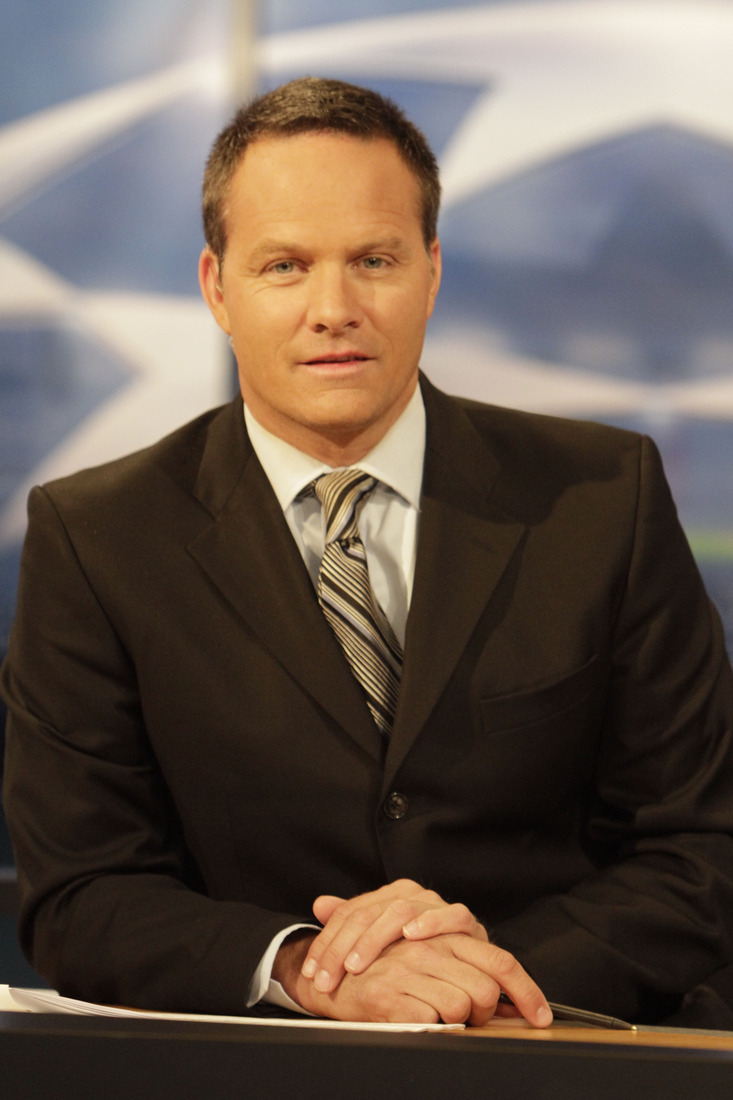 The unquestioned revolutionary in this race, Wynalda’s clear message of sweeping change has dovetailed with his longstanding reputation as a maverick to make him the beloved choice of most anyone with serious gripes about the status quo. He’s aided by his visibility as one of the best and most memorable strikers in U.S. Men’s National Team history, of course.
The unquestioned revolutionary in this race, Wynalda’s clear message of sweeping change has dovetailed with his longstanding reputation as a maverick to make him the beloved choice of most anyone with serious gripes about the status quo. He’s aided by his visibility as one of the best and most memorable strikers in U.S. Men’s National Team history, of course.
Promotion/relegation advocates, MLS skeptics, those who think American soccer should move a lot closer to the way soccer’s aristocracy in Europe and Latin America do things: Those are just a few of the demographics who have been inspired by Wynalda. And he’s welcomed their support, claiming that he is the only one who can effect true reform, promising to force MLS to adopt pro/rel, switch to a fall-to-spring calendar like most of Europe and groom young talent for export on the world transfer market.
It’s given him prominent supporters in the general soccer public, but how many of them will have a vote come Saturday? More than one person has told me that they just don’t see a way for him to reach the necessary majority of votes.
Wynalda’s problem is that the federation’s voting base trends substantially older and more conservative than that general public does. And those who’ve been in the game for decades remember him as a hotheaded player with a flair for drama, no matter how disciplined and statesmanlike he’s been on the campaign trail (and he’s been very much so).
KYLE MARTINO
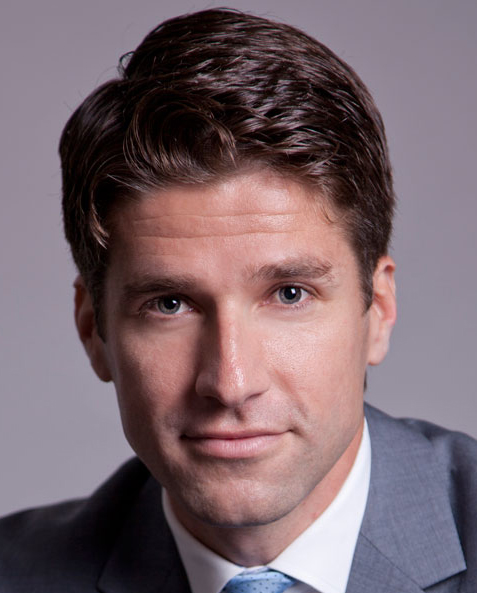 It might be doing him a disservice to call Martino “Wynalda Lite,” but that’s how many perceive him and it might just turn out to be his best chance of winning.
It might be doing him a disservice to call Martino “Wynalda Lite,” but that’s how many perceive him and it might just turn out to be his best chance of winning.
Martino is well known thanks to his own playing career and prominent role in NBC’s English Premier League television coverage. He’s been thoughtful and articulate for most of his campaign and laid out specific, detailed plans for his presidency in writing before most of his competitors. Many of his ideas are quite compelling to a broad audience and he espouses many of the same ideas for reform as Wynalda, just with a slightly more conciliatory approach.
But again, this electorate trends older, and many see him as young and unproven. His relative paucity of positions held since retirement play into that. As of now, it seems his best route to victory is as a compromise choice should the election drag out over multiple ballots, as could quite possibly be the case.
THE TRAILING PACK
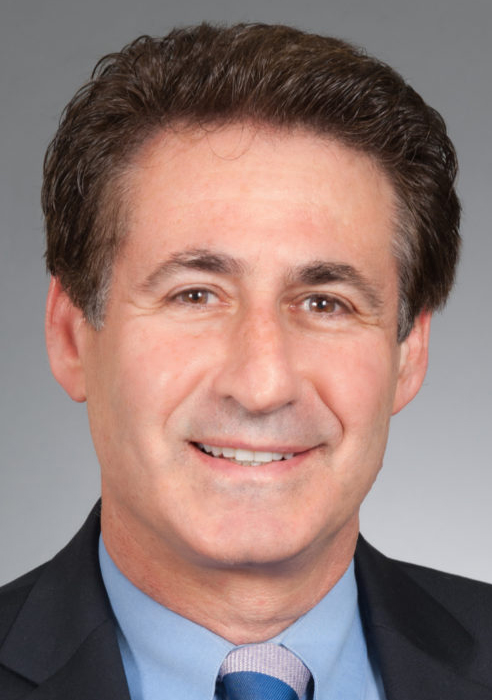 STEVE GANS: Deserves credit and respect for announcing his candidacy months before the rest, and before the USMNT’s grievous World Cup qualifying failure made Gulati vulnerable. But he’s gotten lost in the shuffle a bit despite a well-rounded resume and seasoned veteran’s approach to the game. His path to victory is a winding and indirect one.
STEVE GANS: Deserves credit and respect for announcing his candidacy months before the rest, and before the USMNT’s grievous World Cup qualifying failure made Gulati vulnerable. But he’s gotten lost in the shuffle a bit despite a well-rounded resume and seasoned veteran’s approach to the game. His path to victory is a winding and indirect one.
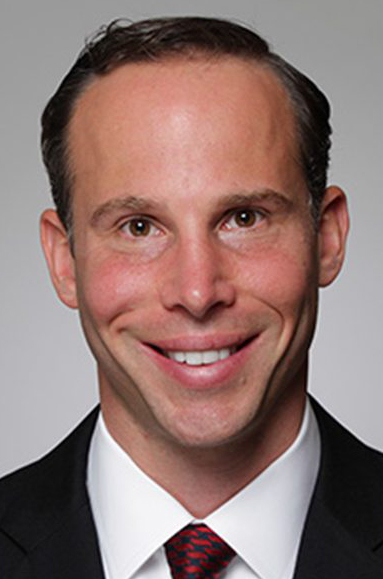 MIKE WINOGRAD: Similar to Gans, this lawyer has worked and served in many capacities across the soccer landscape, but lacks the name recognition or strident talking points flashed by others. He might be able to work his way into the mix should the election get long and messy deep into Saturday night, but a smaller role on the federation’s board might have to suffice as a consolation prize. (For example, who takes over VP duties if Cordeiro wins?)
MIKE WINOGRAD: Similar to Gans, this lawyer has worked and served in many capacities across the soccer landscape, but lacks the name recognition or strident talking points flashed by others. He might be able to work his way into the mix should the election get long and messy deep into Saturday night, but a smaller role on the federation’s board might have to suffice as a consolation prize. (For example, who takes over VP duties if Cordeiro wins?)
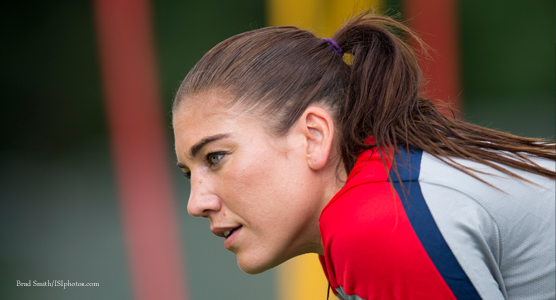 HOPE SOLO: Hope has been this campaign’s firestarter, calling out both the fed at large and specific opponents in this race for a range of sins and misdeeds. It’s helped to buttress Wynalda’s narrative of a federation grown hopelessly corrupt and tone-deaf. But it’s done little to elevate her support, considering that it reinforces the existing perception of her as an angry troublemaker stewing for a fight. That outlook no doubt fuelled her in becoming one of the greatest goalkeepers the world has ever known, but it hasn’t made her a more appealing presidential choice for the fed’s rank-and-file.
HOPE SOLO: Hope has been this campaign’s firestarter, calling out both the fed at large and specific opponents in this race for a range of sins and misdeeds. It’s helped to buttress Wynalda’s narrative of a federation grown hopelessly corrupt and tone-deaf. But it’s done little to elevate her support, considering that it reinforces the existing perception of her as an angry troublemaker stewing for a fight. That outlook no doubt fuelled her in becoming one of the greatest goalkeepers the world has ever known, but it hasn’t made her a more appealing presidential choice for the fed’s rank-and-file.
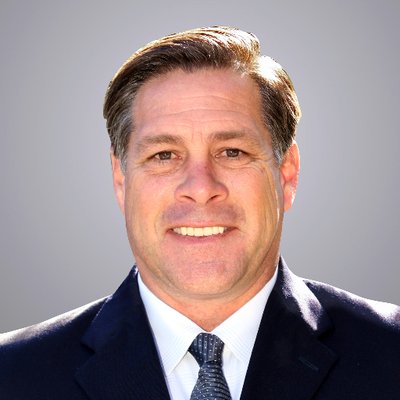 PAUL CALIGIURI: Another former USMNT star, Caligiuri has served the sport in a variety of capacities over the years and speaks with real expertise on the issues that matter to federation members and American soccer as a whole. But in this weird, wild election, he just hasn’t grabbed the public consciousness or distinguished himself from the rest. He’d probably have been a solid contender in other circumstances.
PAUL CALIGIURI: Another former USMNT star, Caligiuri has served the sport in a variety of capacities over the years and speaks with real expertise on the issues that matter to federation members and American soccer as a whole. But in this weird, wild election, he just hasn’t grabbed the public consciousness or distinguished himself from the rest. He’d probably have been a solid contender in other circumstances.
SOCCERWIRE MARKETPLACE
- MANCHESTER CITY SOCCER CAMPS
- FC Bayern Soccer Camps - $30 PROMO CODE: BMSOCCERWIRE
- Real Colorado Cup 2026
- Join a College Coaches Showcase Camp Today
- MICFootball Punta Cana 2026
- Dana Cup Hjørring 2026
- 15th Annual Loudoun Soccer College Showcase
- OFFICIAL FC BARCELONA SOCCER CAMPS - PROMO CODE: FCBSOCCERWIRE
- New England Copa Surf 2026
- Adidas National Cup 2026











